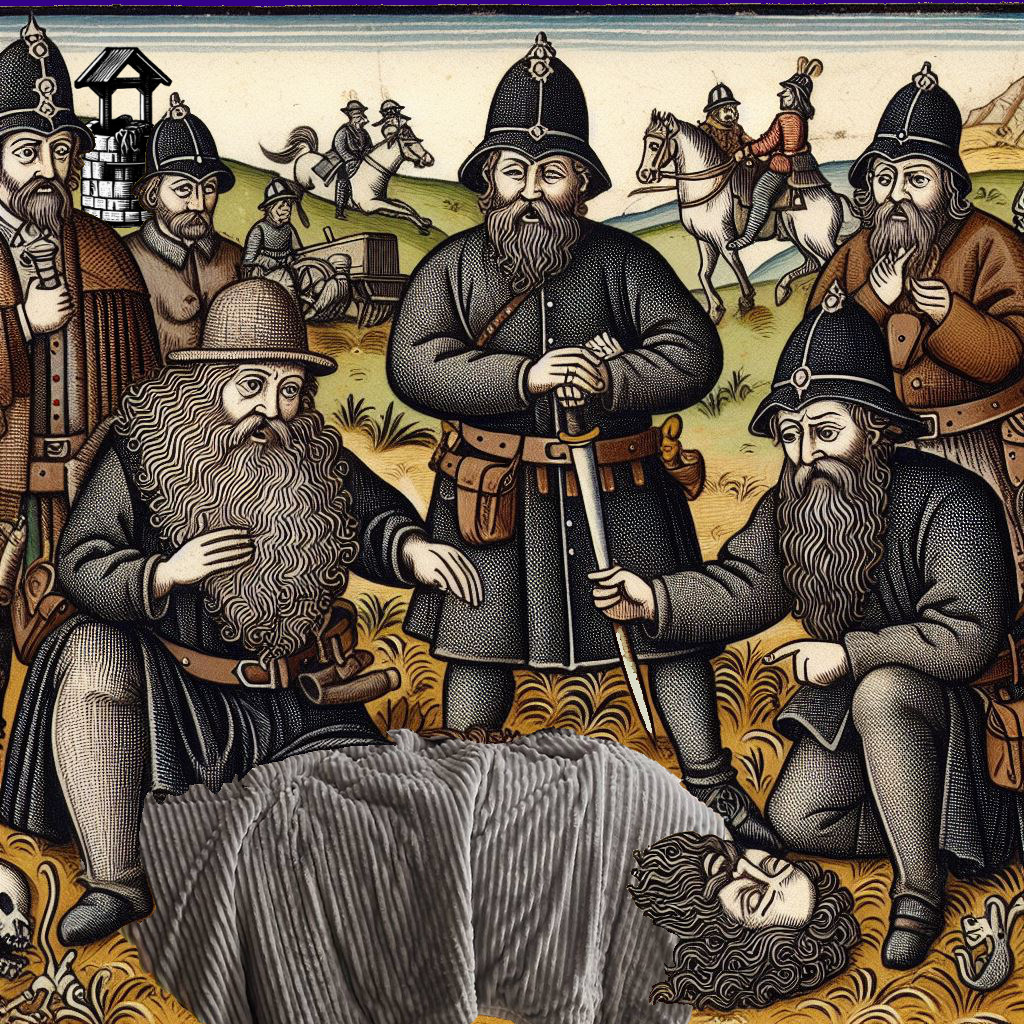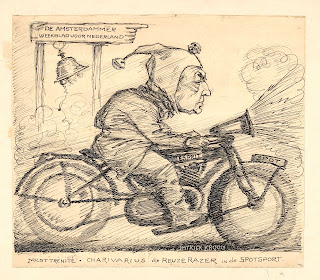My parents used to rebuke us: “Enunciate!”
Humph. I didn’t think I spoke badly, but they would’ve instructed the nation with resolutely precise enunciation if they’d had their own Discord and YouTube channels.
A couple of decades later found me in France at a colleague’s dinner table talking about the weather. I mention the harsh winter in Minnesota and my French friend stopped me.
“The harsh what?” he asked.
“Harsh winter,” I said. At his request, repeated it yet again.
He said, “I don’t understand.”
“Spring, summer, autumn, winter.”
He looked puzzled. “I thought winter had a T in it.”
He was right. I wasn’t pronouncing the T. Same with ‘plenty’. Likewise, I pronounced only the first T in ‘twenty’'. Some words with an ’nt’ combination – but not all– lost their ’T’s coming out of my mouth.
Banter and canter, linty and minty seem fine, but I swallow the T in ‘painter’. Returning after a year overseas and more conscious of enunciation, I sounded like a foreigner. “I just love German accents,” said my bank teller, cooing and fluttering her eyelashes.
Language in Flux
By age 8 or so, I’d become adept at soldering and still use the skill for repairs, projects, and mad scientist experiments. Pitifully, it took me decades to realize I didn’t know how to pronounce it.
I’m not sure if it’s a Midwestern thing or an American attribute, but I leave out the bloody letter L. Most people I know pronounce that compound of tin, lead, and silver as “sodder.”
I don’t do that with other LD combinations like bolder, colder, and folder. Even with practice, solder with an L does not trip readily off my tongue.
The Apple electronic dictionary that comes with Macs shows North American pronunciation as [ ˈsädər ]. Interesting… no L. Then I switched tabs to the British English dictionary where I learned it’s pronounced [ ˈsɒldə, ˈsəʊldə ]. Okay, there’s an L. But hello… What’s this? What happened to the R? Whoa-ho-ho.
Speaking of L&R, when was the R in ‘colonel’ granted leave? Kernel I understand; colonel, not so much. What about British ‘lieutenant’? The OED blames the French, claiming ‘lievtenant’ evolved to ‘lieutenant’ but pronounced ‘lieftenant’.
Finally, what happened to the L in could, would, and should? They seem to have broken the mould. The Oxford lords giveth and they taketh away.
Sounds of Silence
I know precisely why another word gave me difficulty. I tended to add a syllable to the word ‘tinnitus’, which came out ‘tintinnitus’. I’ve puzzled an otolaryngologist or two, because I conflated tinnitus with tintinnabulation.
(Otolaryngologist? Speak of words difficult to pronounce!)
Which brings us to a trivia question all our readers should know: How does ‘tintinnabulation’ connect with the world of mystery?†
Rhymes Not with Venatio
Before Trevor Noah became a US political humorist, his career began as a South African standup comic. On one of his DVDs, he altered words to sound snooty and high class, such as ‘patio’ rhymed with ‘ratio’.
Junior high, Bubbles Mclaughlin: nineteen months and three days older than me. Like Trevor, this ‘older woman’ had no idea how to pronounce another word ending in ‘atio’. For years, neither did I, but she could have rhymed it with ‘aardvark’ and I wouldn’t have minded.
C Creatures
I’ve been listening to ebooks recently. Almost all text-to-speech apps claim to use buzzwordy AI, but most don’t, not when ‘epitome’ sounds like ‘git home’. Similarly, ‘façade’ does not rhyme with ‘arcade’.
When making the Prohibition Peepers video, I altered spelling of a few words to get the sound I needed, such as ‘lyve’ instead of ‘live’. What a pane in the AIss.
I wondered if ebook programs would pronounce façade correctly if their closed captions were correctly spelled with C-cédille, that letter C with the comma-looking tail that indicates a soft C. If you stretch your imagination, you can kinda, sorta imagine a cedilla (or cédille) looking a little like a distorted S. (For Apple users employing text-to-speech, a Mac pronounces it correctly either way.)
Our local Publix grocery (when their founder’s granddaughter and heiress isn’t funding riots) spells the South American palm berry drink as ‘acai’, which meant both employees and I sounded it with a K. If they’d spelled ‘açai’ with the C-cédille, I would have learned the word much sooner.
I could say ‘anemone’ before I knew how to spell it. The names of this flower and sea creature are spoken like ‘uh-NEM-uh-nee’, which rhymes with ‘enemy’.
Bullchit
Permit me to introduce you to Rachel and Rachel’s English YouTube channel. She kindly explains we often learn words through reading and don’t learn their sound until much later. I was shocked that three of the words she led with have given me trouble including one I hadn’t realized I was currently mispronouncing– echelon. I was saying it as CH (as in China) instead of SH (as in Chicago).
Those other two words: In grade school, I became confused how to say mischievous and triathlon, requiring more careful attention.
Rachel also discusses how modern usage omits syllables. I say ‘modern’ because my teachers would have rounded smartly on us had we dared abbreviate, so I tend to fully sound out several of her examples. One she doesn’t mention is ‘secretary’, at times said as ’SEK-ruh-tree’.
When is a T not a T?
The phrase ‘can not’ has been shortened and shortened again over time:
- can not
- cannot
- can’t
- can’
What? Rachel enters extreme territory beyond my ken, explaining the ’stop-T’. Listen to what she has to say about it. That’s all for now!
† Answer to trivia question: Edgar Allan Poe famously used the obscure but wonderful word ‘tintinnabulation’ in his poem, ‘The Bells’.



































